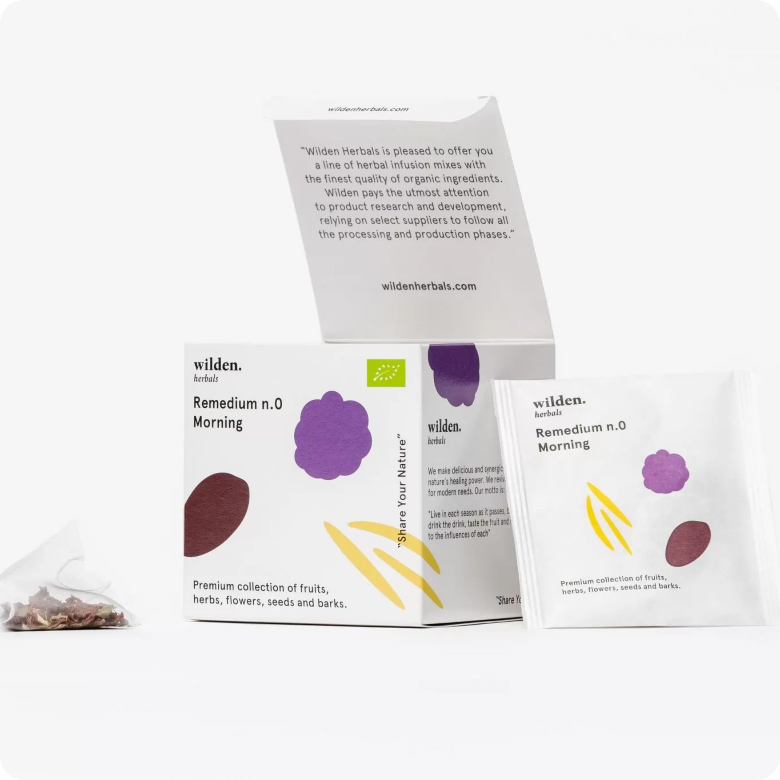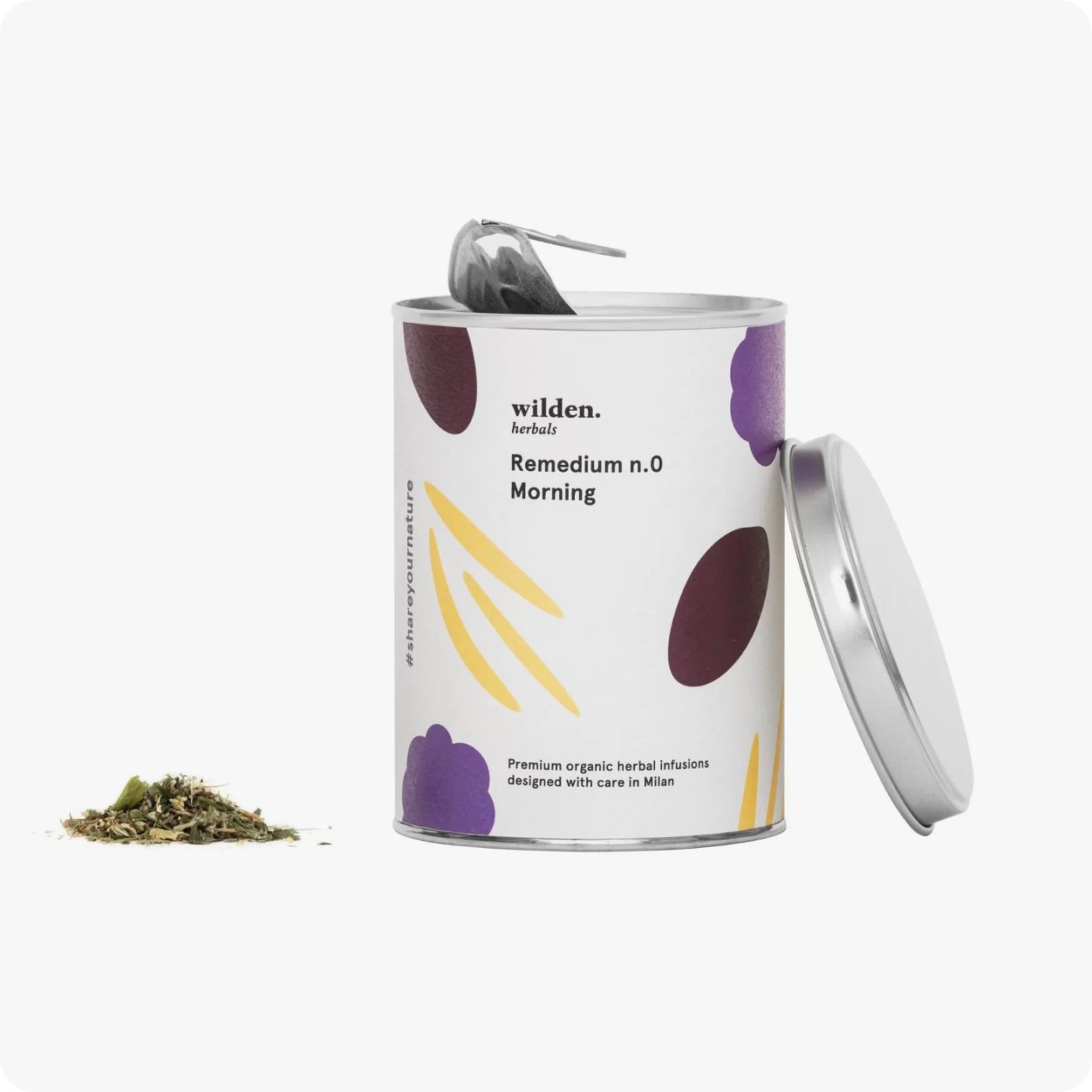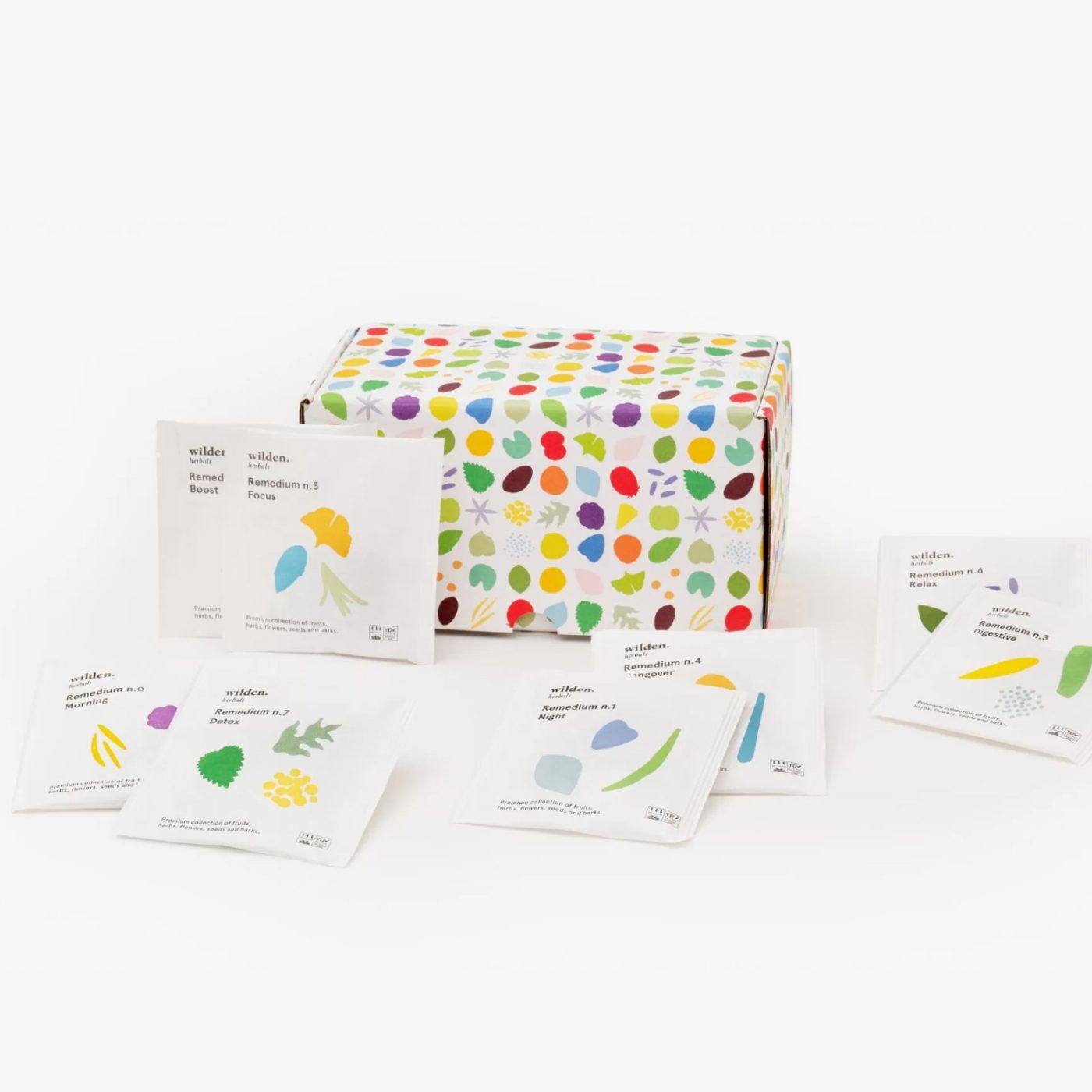Between legends and false myths: the whole truth about urinary tract infections
Doing a quick search on the Internet one comes across so much information regarding urinary tract infections. It is time to debunk the ones that are not true.
Come abbiamo raccontato in un articolo precedente della nostra rubrica Good for your Health le infezioni del tratto urinario (indicate anche tramite la sigla IVU) sono un fenomeno estremamente comune e diffuso, soprattutto tra le donne. Esistono diversi tipi di IVU a seconda di dove si verificano, ma la più comune è sicuramente la cistite, che letteralmente significa infiammazione della vescica.
In this article we will go into detail about all those false myths that you may read or hear around, to clarify causes and remedies that are instead really effective in preventing and resolving urinary tract infections.

Do you have to take antibiotics to treat UTIs?
No, most uncomplicated UTIs can be resolved without antibiotics. One thing that is critical instead? Drinking plenty of water! Also, did you know that for UTIs, medicinal plants can also come to help?
Be careful, however, untreated urinary tract infections can sometimes turn into serious infections. If the urinary tract infection has not subsided by natural methods after 3-5 days, we recommend consulting your doctor.
Soap and deodorant should be used to prevent UTIs
No, the use of cleaning products for intimate hygiene alters the vaginal flora and its natural pH. Under normal conditions, the vagina does not require any cleaning except with water. Introducing other ingredients could increase the likelihood of developing a bacterial infection.
Some types of contraceptives may increase the risk of infection
Yes, the use of spermicides or spermicidal condoms can alter vaginal microorganisms, and just as described in the previous paragraph, it is good not to alter one’s pH. There are also other methods that can increase the risk of infection and cystitis, such as the diaphragm.
If the urine is cloudy in color or has a strong odor, it means I have a UTI
No, the density (but also the color and smell) of urine is mainly related to the amount of water you drink. In case of dehydration, our body tries to save water and retrieve it from urine, resulting in a stronger color and odor. Then there are also those foods, such as asparagus, that can cause a strange smell. In any case, if you notice a persistent odor that lasts several days, it is best to consult a specialist.

Only women are prone to urinary tract infections
No, although it is more common in women (as a matter of anatomy), men can also get a urinary infection. Cystitis, for example, can occur in both men and women, regardless of age-both in children and the elderly.
UTIs occur only in sexually active people
No, although it is a risk factor, there can be many causes: anatomical (length and shape of the urethra, distance from the anus to the urethra), urinary tract abnormalities (e.g., kidney stones), hormones (after menopause, changing hormones can cause a change in the bacterial flora of the vagina), or the presence of other diseases (such as diabetes). Risk factorsto include, however: dating new sexual partners and not urinating after sex.
Blueberry juice is used to heal or prevent UTIs
If you’ve done any research on this topic you’ve no doubt often found mention of cranberry juice. The first thing we would like to emphasize is that there is not enough scientific data to prove its effectiveness. Blueberries contain proanthocyanidins that prevent bacteria from attaching to bladder walls. However,so far studies say that taking this ingredient is not enough to prevent or significantly treat cystitis or other urinary tract infections. In any case, as we said before, drinking plenty of fluids instead is very effective: so if blueberry juice is to your liking, go ahead and fill up on it! Whether water, infusions, or blueberry juice are all great options!

UTIs become recurrent if not properly treated
Yes, urinary tract infections are said to be recurrent when a person has had two or more urinary tract infections within six months. It may be a relapse, if it occurs within two weeks, or a reinfection-that is, a second UTI-if it occurs more than two weeks later. Data tell us that more than 80 percent of women who have had a UTI will have another one in their lifetime.
So how do you prevent urinary tract infections?
Things to do:
- Drink plenty of fluids, such as infusions!
- Urinate frequently
- Urinating before and after sexual intercourse
- Clean well starting from the front and then moving to the back
Things not to do:
- Do not use deodorants or vaginal douches
- Do not use diaphragm or spermicides
- Do not retain urine
- Don’t stay in wet clothes
- Do not wear underwear that is not made of cotton
- Avoid bladder irritants such as coffee, alcohol and fizzy drinks
Natural methods to treat urinary tract infections
At Wilden we believe in the power of plants. Medicinal plants can be excellent allies in combating and preventing uncomplicated UTIs. We have been working on a new recipe, combining herbs and plants to create a natural infusion to support you and prevent cystitis.
Uva ursina (Arctostaphylos uva ursi), equiseto (Equisetum arvense) e ginepro (Juniperus) contribuiscono all’azione diuretica e alla salute generale delle vie urinarie grazie alle loro proprietà antisettiche. Poi ci sono ortica (Urtica dioica) e fiore di sambuco (Sambucus nigra), scelte per la loro azione diuretica, e infine cannella (Cinnamomum verum), ribes (Ribes nigrum), malva (Malva sylvestris) e mais (Zea mays). È così che abbiamo dato vita a un infuso con ingredienti dal forte potere antimicrobico e antinfiammatorio, per aiutarti a ridurre i sintomi e purificare le vie urinarie.







